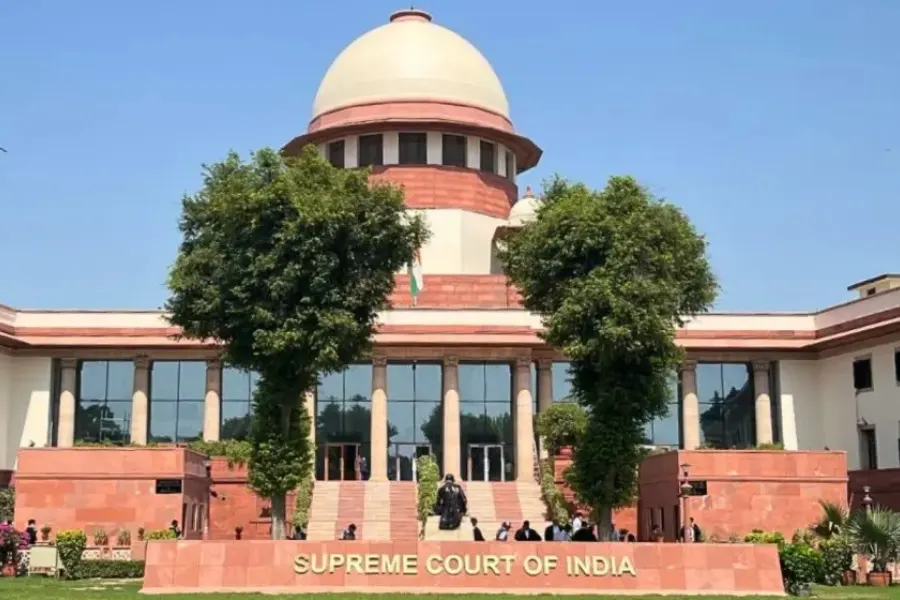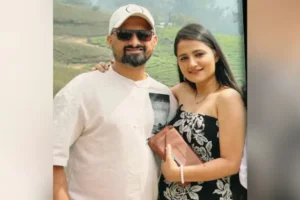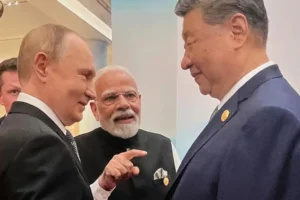
In a notable occurrence, the Supreme Court on Tuesday issued a notice to the Centre in response to the Punjab Government’s plea. Plea challenged the Governor’s action of withholding two Bills. It was passed by the State Assembly, for the President’s approval. This event has renewed dialogues about the roles and restrictions of constitutional authorities under Articles 200 and 201.
This matters is also being investigated closely as it is trending news today. It is because of potential relevance to the federal structure and governance of India.
Background: Punjab’s discontent with the Governor
The Punjab Government is especially concerned regarding the decision of the state Governor. It is to refer the Sikh Gurdwaras (Amendment) Bill, 2023 and the Punjab Police (Amendment) Bill, 2023 to the President of India rather than approve them. The Government argues that this action is unconstitutional, arbitrary, and disregards the advice and consent of the elected State Council of Ministers.
The petition states that in addition to undermining the democratic process. The QGovernor’s referral also prolongs the implementation of some laws meant to benefit the public.
Current Status of the Supreme Court and Future Developments
A three-judge bench led by Chief Justice of India D.Y. Chandrachud, sent notices to the Union Government, Principal Secretary to the Governor, and Secretary to the Punjab Legislative Assembly. The matter will proceed to a substantive hearing in eight weeks. This will match the timing for a more expansive constitutional issue that has been laid pending for consideration by a Constitution Bench of five judges.
The larger bench is expected to commence hearing on August 19. This will address significant issues concerning the timeframes and duty to grant assent to state Bills by the Governor and the President.
Highlights for Punjab
Punjab Additional Advocate General Shadan Farasat joined her submission to the Bench with two additional points for reference. First, she emphasized that the referral of the Bills to the President had no legal basis. Especially in light of the Supreme Court’s determination on the Tamil Nadu Assembly Bills case decided on April 8.
In that case, the Supreme Court found that the Governor cannot keep Bills in limbo indefinitely, nor utilize a “pocket veto.”
The Bench likewise made the determination that, if the President fails to take action on a Bill for three months, the Bill will be deemed to have received assent by operation of law. The Punjab Government asks that it be treated the same as those two still-subject Bills.
The Tamil Nadu Case as an Influential Precedent
The Tamil Nadu case represents an important ruling. The Supreme Court held that, based on Article 142, 10 Bills consented to by the Tamil Nadu Assembly. This had been returned to the Governor after previously being returned and were deemed to have received assent.
Punjab’s argument depends heavily on this ruling, and that in a comparable “inaction” case by the President. As it pertains to its subject Bills, would lead to the conclusion of presumed assent.
A Crossroad for Constitutional Conception?
If granted, the outcome of this petition potentially revises this understanding of Articles 200 and 201 – President and Governor of a state. These articles detail the positives and negatives of legislating approval. It is with the Governor being Executive Resolution Authority. The lack of strong timelines in Articles 200 and 201 has welcome criticism for directly producing constitutional impasses and for stripping the essence of democracy.
Punjab appears to be testing the limits of how the Governor can act independently. Before further considering the President’s substantial inaction in a similar situation. This aims for a clearer legal definition of how the constitutional planning leaders can impose their discretionary authority.
Moving Forward
The Supreme Court’s involvement, and the fact that the bench for the Constitution Bench has announced it will also be considering associated matters, has the potential for potentially significant consequences for Centre-State relations in India.
It could also contribute to a more accountable, efficient, and punctual process for the granting of state statutes.
With the next hearing scheduled for after September, this case is likely to remain a staple of daily news coverage and generate national attention from attorneys, political pundits, and the public at large.






0seips
a2s7tw
Thank you for your sharing. I am worried that I lack creative ideas. It is your article that makes me full of hope. Thank you. But, I have a question, can you help me?